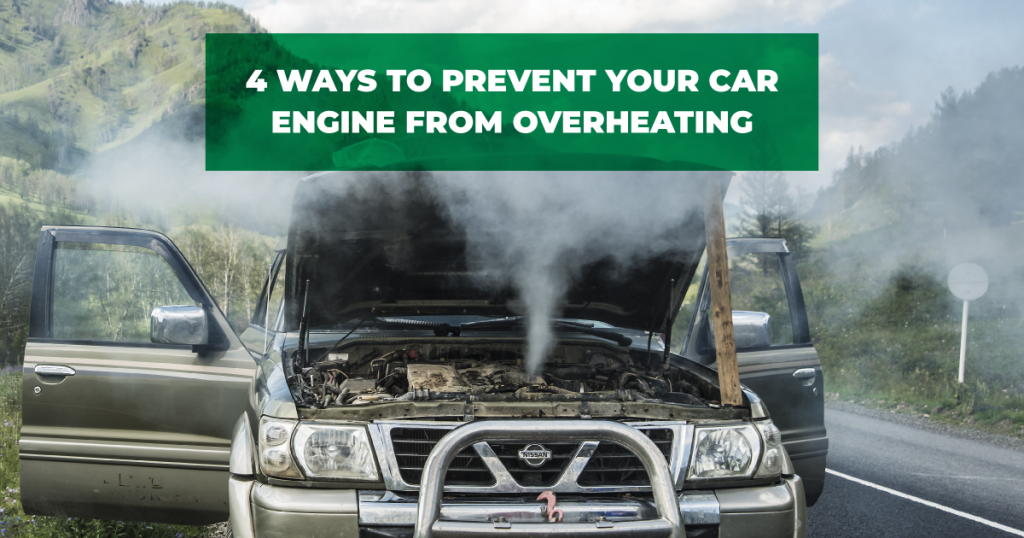The vehicle’s cooling system is meant to ensure that the engine maintains its specific operating temperature at any given time. It consists of a closed circulation cooling system. The whole system comprises of the radiator, fan, water pump and a series of temperature sensors. They monitor the temperatures throughout.
With age, the cooling pipes tend to get weak. The seals lose their sealing ability and rust forms inside the radiator causing potential cooling failures. The cooling system has key components like the water pump that recirculates cooled water/coolant from the radiator into the engine block. Here, the cooling channels surrounding the combustion chamber are cooled and the thermostat maintains optimal thermal conditions for the engine to operate in the most efficient mode.

When the water pump begins to fail, one will experience higher than normal engine temperatures, which triggers the check engine warning light. In modern vehicles, if the engine management system senses that the cooling system has a problem, it will engage a ‘limp home mode’ where it only allows the engine to operate at a very low speed to avoid engine failure and help you get to your nearest mechanic. If ignored one may burn/destroy engine gaskets, leading to catastrophic engine failure to that effect.
What do you do to prevent cooling failures?
- Check cooling pipes every 3 months; ensure during servicing that your technician checks the condition of the pipes and replace them if need be. They tend to burst during hot weather operations so always check for signs of steam or leaks.

- Inspect radiator for leaks and replace radiator caps to prevent loss of coolant. The radiator may be damaged during a fender bender or just age, always perform a pressure test to see if there are any leaks and seal them effectively.

- Use specified coolant to ensure the vehicle maintains the required temperature. Some cars from temperate countries come with a thermostat that controls and maintains engine temperatures. If you remove it the engine will over-cool and the car will not operate at optimal conditions.

- Ensure your water pump is working optimally. Check the temperature gauge which should always be at the halfway mark regardless of running conditions. If the temperature gauge is erratic, chances are the engine may not be cooling properly. This may lead to the destruction of the cylinder head gasket, which may lead to an engine knock.
Summary
Maintenance of the cooling system is so important for the safe operation of your vehicle, it is imperative to ensure that it is working optimally. Don’t over-rev the engine or stress it under extreme load, otherwise, it will lead to catastrophic failure.
Use the specific coolant as suggested by the manufacturer and do not under any circumstances remove the thermostat if your vehicle is equipped with it.
